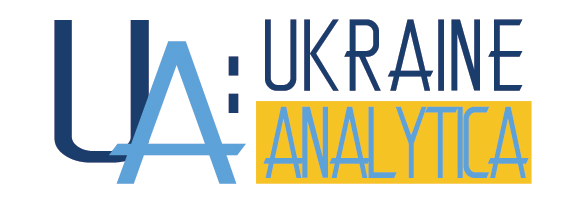Prospective analysis is an important component of strategic long-term planning. There is a range of methodologies, techniques and models applied in the field with uneven results. The international experience underlines the difficulty of making predictions in a highly unstable period, when we can mark off the end of the holiday offered by the post-Cold war period and the renewal of the fight for a better position caused by the global players’ new economic and military capacities and their sheer multiplicity. The big challenge is how to elaborate prospective scenarios (and not predictions) in the middle of an evolving crisis, with the „depth” of these predictions to cover 6 months-1 year, 3-5 years, 10-15 years.
Experts tried to meet this challenge in a project related to prospective studies for the Ukrainian Crisis. The project was funded by the German Marshall Fund in 2014[1]. To make an assessment, an original methodology was used. It is described below and establishes the strong signals approach (continuity scenarios), weak signals approach (events that become relevant in the mid to long term, with a significant impact on the evolution of such a scenario), and black swan events approach (law probability events with high impact, if the scenario develops that way).



